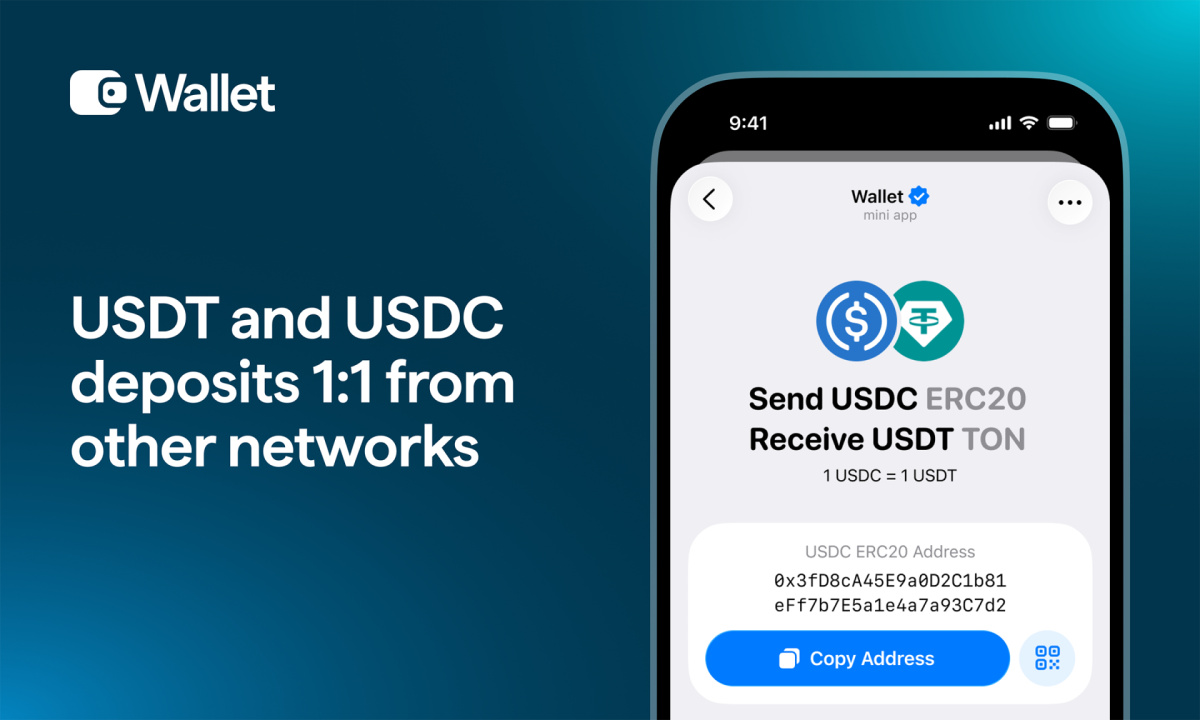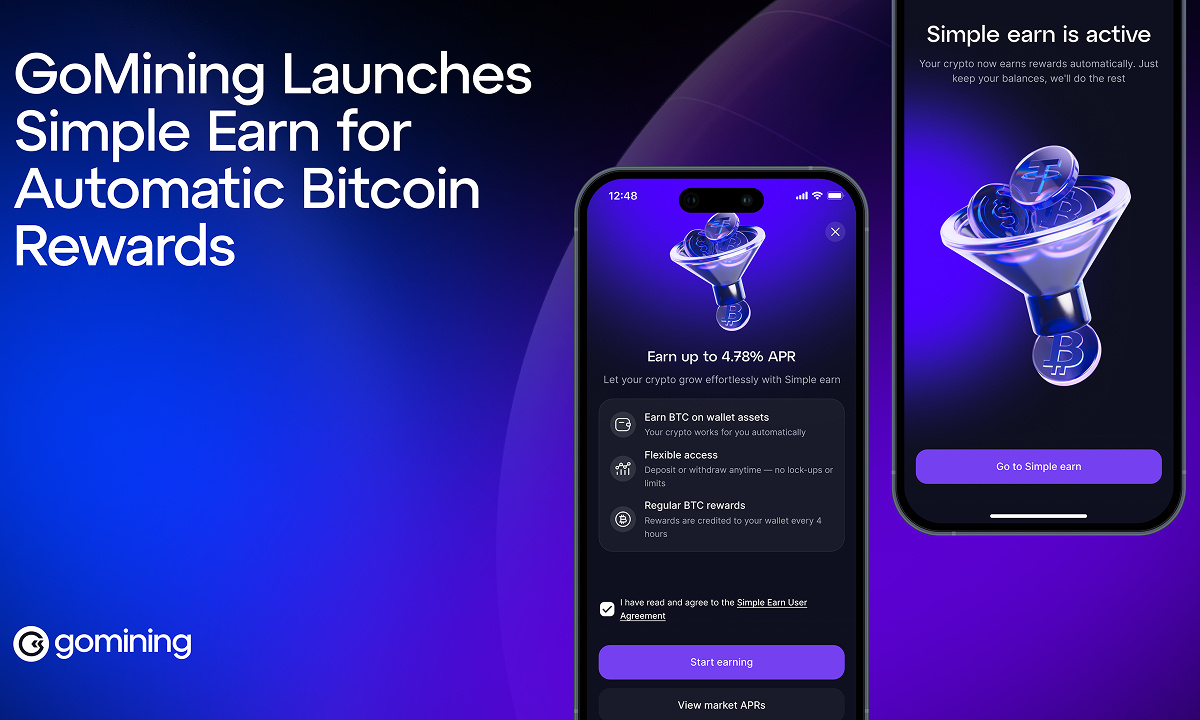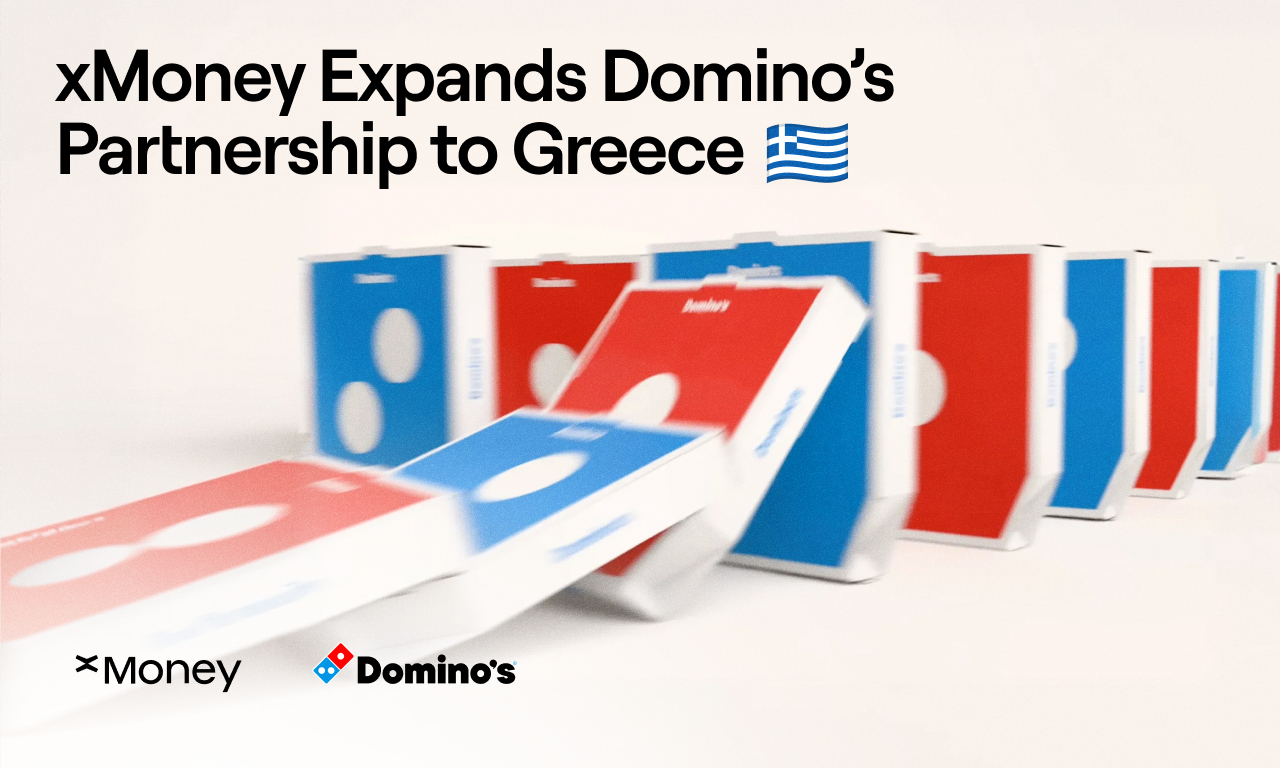Who lives under a pineapple in the sea? It’s you if you have not heard of the latest buzzword in the tech industry, ‘web3.0’. The internet powered by Blockchains and cryptocurrency enables its users to govern, maintain and run the network. Thus, overthrowing the dominance of big tech.Â
The idea here is relatively simple. You give up your data in lieu of entertainment and utility on platforms like Instagram, Twitter, etc. These companies then use this data to show you relevant advertisements, tweak your opinions and change your behaviors. What do you get? Well, nothing. Web3.0 plans to change it by changing the value creation model.Â
Here’s how value is impacted in a web2.0 and web3.0 system.
While theoretically, it looks like a transformational idea that would eventually democratize wealth in an ecosystem, there are a few hurdles that need to be jumped before we go full web3.0. And that is what I intend to talk about today.Â
-
Technical Vs Political:
Some people believe that web3.0 is trying to solve a political problem using technology. They would argue that technology never hindered in the creation of a democratic value chain. It is instead the intention of VCs and the big tech who control this industry.Â
Let’s dive in deeper. Web3 projects ensure equal distribution using an economy based on tokens and NFTs. Think of it like this. You post a video on Instagram that goes viral. You earn a lot of social currency from it (likes/comments). However, the owner of the video is Instagram. You cannot directly monetize that video.Â
However, NFTs on Blockchain give you the provable ownership rights to that video. You could now raise money (in the form of tokens) by selling the rights to that video. People could tip your good work using those tokens too.Â
Now the question arises if you could do this without Blockchain? Of course, Blockchains help manage the ownership rights and tokens way more efficiently than any other existing technology. But big tech could have done it without Blockchain as well, right?
So, web3 seems to be a redundant technology headed in the wrong direction.Â
-
Who Pays?
Agreed that companies are monetizing our data and making billions out of it. But in lieu of that, we are also getting free access to their platforms. You upload tons of photos on Instagram, lengthy videos on YouTube, etc. Has someone ever asked for money to store that data on your behalf?
Imagine paying $0.5 each time you upload an HD photo on Instagram OR $10 per video uploaded on YT.Â
While decentralization seems a good idea, it indeed comes with a cost. And at this point, it is very unclear how many of us are willing to pay to safeguard our data and privacy.Â
-
Censorship:
Self-censorship sounds like a raunchy idea. But we are not sure how that will pan out in the woke, sensitive world we live in. Recently, platforms like FB/Twitter banned Donald Trump because they considered him a threat to national peace. What happens when nobody owns the network? Do we let such incidents happen?
-
We have come to a complete circle:
A little context of the history of the internet shows that it was always supposed to be a decentralized, peer-to-peer network. All protocols that evolved in the late 90s followed that. But, we hit a roadblock when it came to scalability. That is why some companies rose to the occasion, built a massive infrastructure, and eventually took the internet to the average household.Â
Today, we’re standing at the same point yet again. This time, we want to regain control of our data and return to the old regime. Are Blockchains well equipped to handle this? Only time will tell.Â
So, Where are We?
Given the use cases that have evolved so far, we have a long way to go. There are many variables that need to be solved for. However, one thing is for sure. We are building web2.5 at least. What I am trying to say is that we are somewhere in the middle.
Until we cross this long bridge, all we can do is the root of the decentralized world. Because no matter the current situation, the vision seems pretty fair to me.Â











